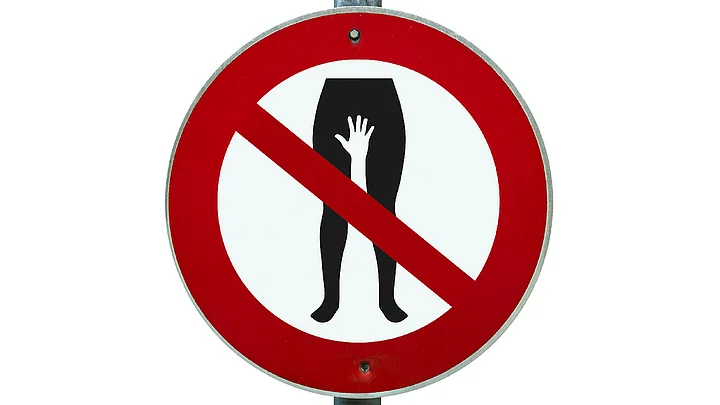Social media is ablaze with updates from different corners of India, attesting how regressive we are as a society, how hopeless is our interest in interference, and how desperate is our attempt to ‘control’ our women with unfair rules.
The Hindu College in Delhi has come up with rigid rules for their girls hostel. An auto driver in Bangalore slut-shames a journalist saying that her knee length summer dress is inappropriate. When she protests, others from the crowd support him. A student in Kolkata was recently ridiculed in public for wearing shorts and smoking. A student at NLSIU was insulted by her law professor for coming to college in shorts. Chandigarh wants to ban women from wearing shorts and skirts because it is ‘anti-national’!
As much as these instances shock the rationalists, it shouldn’t be too surprising. Way back in 1998 when I was a student with one of the best schools in Kolkata, I too have witnessed girls being shamed for wearing jeans and divided skirts for a Children’s Day celebration. In those days there was no social media and nothing went beyond the campus. Disappointing, that the outlook hasn’t changed in the last 18 years. Did anyone think, why?
Anju Srivastava, the Principal of Hindu College asserted, she is concerned about the ‘safety’ of the female students. The auto driver, the gentry of Kolkata, the law professor, and even the teacher from 1998 would have the same to say. They believe, when girls wear short dresses they pass a signal which is interpreted as an invitation. When they smoke or drink in public, people fail to see it as a mere choice or a lifestyle. They assume that the women are ‘trying’ to cross boundaries to be like their male counterparts. It is hence deemed necessary that ‘such women’ be showed the mirror, to prove that their physical might is way behind that of men. One rape will tame them of their means!
Beyond all open and closed room debates and measures taken to empower women, the basic message still hasn’t reached out to the conservative mind-set. People find support in the words of Mukesh Singh and the driver of the bus in which Jyoti Singh was raped. “A girl is far more responsible for rape than a boy is. Boys and girls are not equal. Housework and housekeeping is for girls, not roaming in discos and bars at night or wearing wrong clothes.” He said.
This is the sad face of our society. And our political and legal machineries have failed us beyond repair. Jyoti Singh’s rapist, who was old enough to conduct an act of rape but, wasn’t considered old enough to be punished, is free today. Defence lawyer M.L. Sharma infamously asked, “Why did Nirbhaya’s parents send her with anyone that late at night?” The Bar Council of India issued customary notices to the lawyers Mr. Sharma and Mr. A.K. Singh, for making such remarks. What happened to those notices, no one knows.
With such level of political and legal support, how would people be motivated to look beyond their regressive thoughts? How would they embrace liberal ideas and trust doctrines of gender equality?
Rape doesn’t happen only on roads, with women skimpily dressed, roaming around late. Rapes happen every day, because it exists in the attitude of the offenders. It happens when powerful bosses get away with inappropriate gestures. It happens between a husband and wife behind closed doors. It happens when a ‘friend’ passes lewd comments severely discomforting a woman, and then laughs it off as a prank. They happen when dailies report wardrobe malfunctions of celebrities. And they also appear as an introductory intention for those who ‘poke’ on Facebook. Even in the habits of civilised citizens talking loud in favour of women liberalisation, women shaming appear as a distinct stress-busting joke.
How on earth do we then explain to the professors that they were misusing the time they are paid for, by hovering their eyes haywire instead of focusing on the blackboard? Do we really have the infrastructure to claim that women should be left to their choices? Are those conservative concerns really outdated and obsolete? Has anyone set an example to prove that they are?
This debate, sadly, wouldn’t perhaps be put to rest anytime soon!
(Koral Dasgupta is an author, columnist, academic and Advisory Member CBFC. Twitter/@koraldasgupta)
(At The Quint, we question everything. Play an active role in shaping our journalism by becoming a member today.)
